What is Divert?
Cleveland Divert aims to steer first time and low level offenders away from the criminal justice system and towards support.
It signposts offenders towards help to address the problems, which have led to their offending.
Instead of charging and prosecuting offenders, Divert provides a range of support. These are called pathways. Pathways include help with mental health problems, substance misuse, education or housing.
Divert expects participants to take up support to address the issues, which led to their criminal behaviour.
As part of Divert, offenders may be asked to do something to re-pay the community. This may include voluntary or restorative work. If a victim requests an offender takes part in Restorative Justice, it could form part of the offender’s programme.
If offenders do not complete the programme then they risk being charged and taken to court for their original offence as a result.

How does Divert work?
Research shows that prosecuting first time and low level offenders does not prevent re-offending.
With high levels of re-offending in Cleveland, it is vital that offenders get support to turn their lives around at the earliest opportunity. In turn, this reduces the potential for more victims of crime.
Divert works in the following ways:
- It puts victims at the heart of the process. Restorative Justice and victim awareness are an essential part of Divert. As a result, Divert gives victims an opportunity to make their voice heard.
- It builds safer communities by reducing re-offending. By reducing the number of people offending, Divert minimises the impact on victims and communities. In turn, this increases public confidence in policing and builds safer, more cohesive communities.
- It reduces demand on policing. Police are under increasing pressure and have fewer resources. Divert is a multi-agency partnership. As a result, it requires fewer police resources and frees officers to deliver frontline services..
Divert is led by the Office of the Police and Crime Commissioner. It is delivered by the Probation Service.
Success stories
In March 2020, Her Majesty’s Inspectorate of Probation Service North East recognised the Heroin Assisted Treatment scheme and Cleveland Divert.
HMI Probation praised both projects. It said they were innovative ways to tackle crime, address substance misuse and prevent re-offending
- From December 2018 to March 2023, Divert had worked with 1,187 offenders.
- At June 2021, re-offending rates were 4.5% compared to 13.3% for those, who refused to engage.
In October 2021, Divert Cleveland won in the Policing and Adults category of the Howard League for Penal Reform’s Community Awards.

Contact
Email: [email protected]
